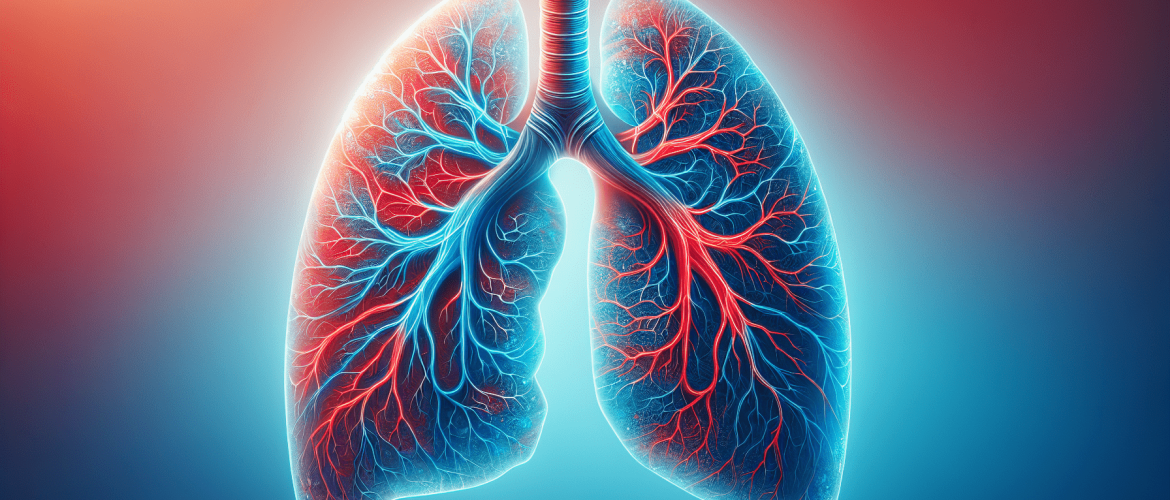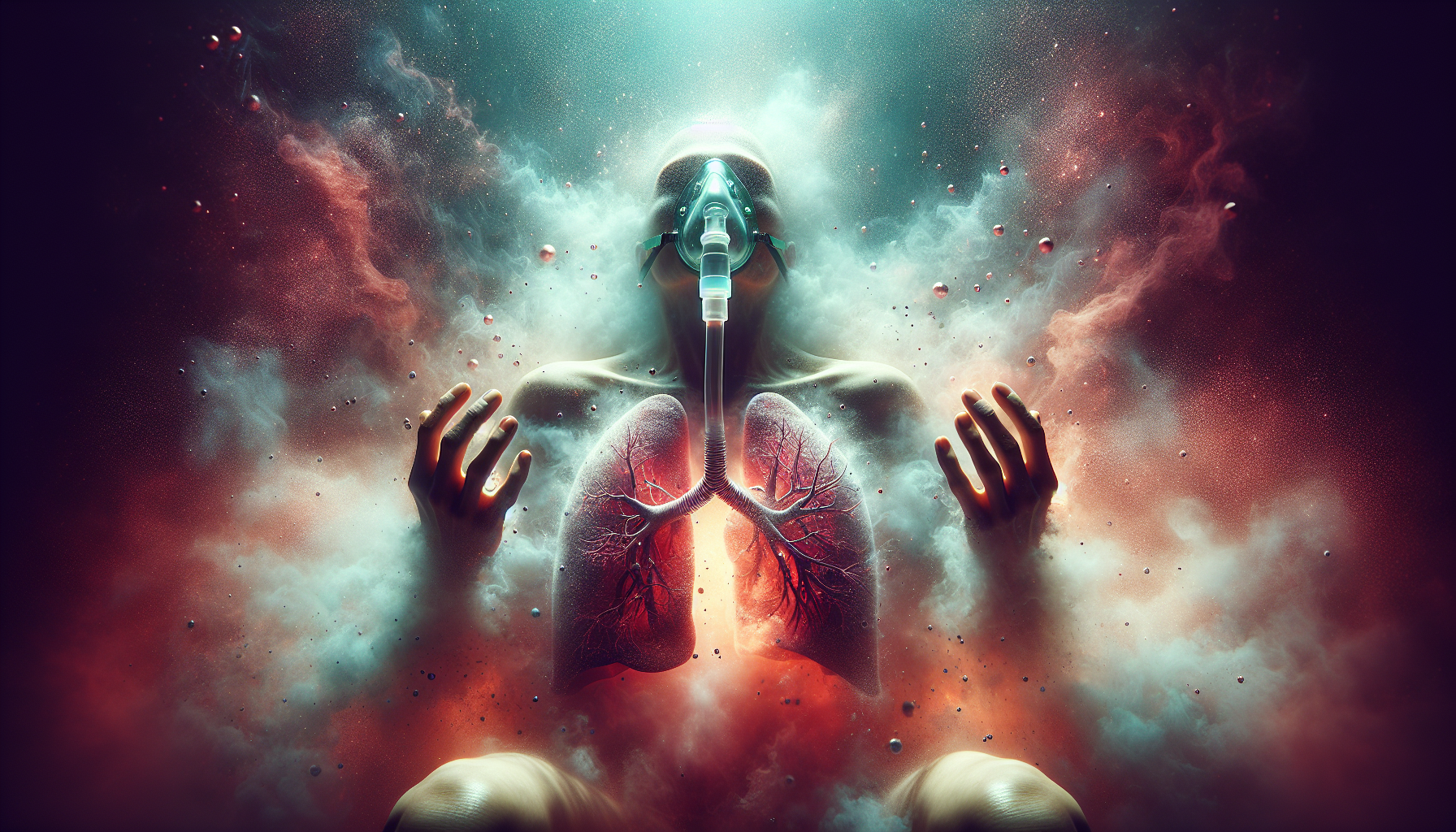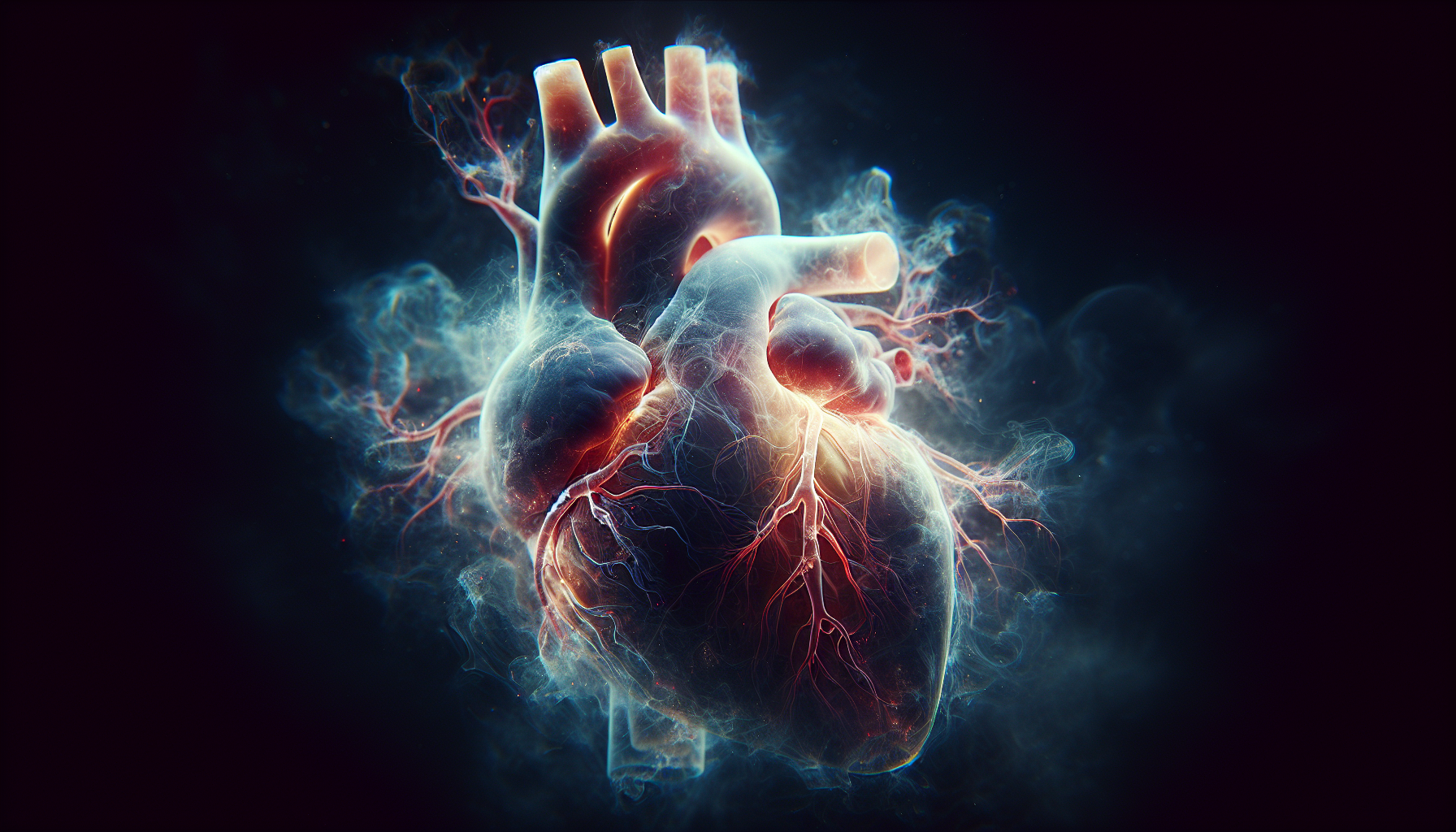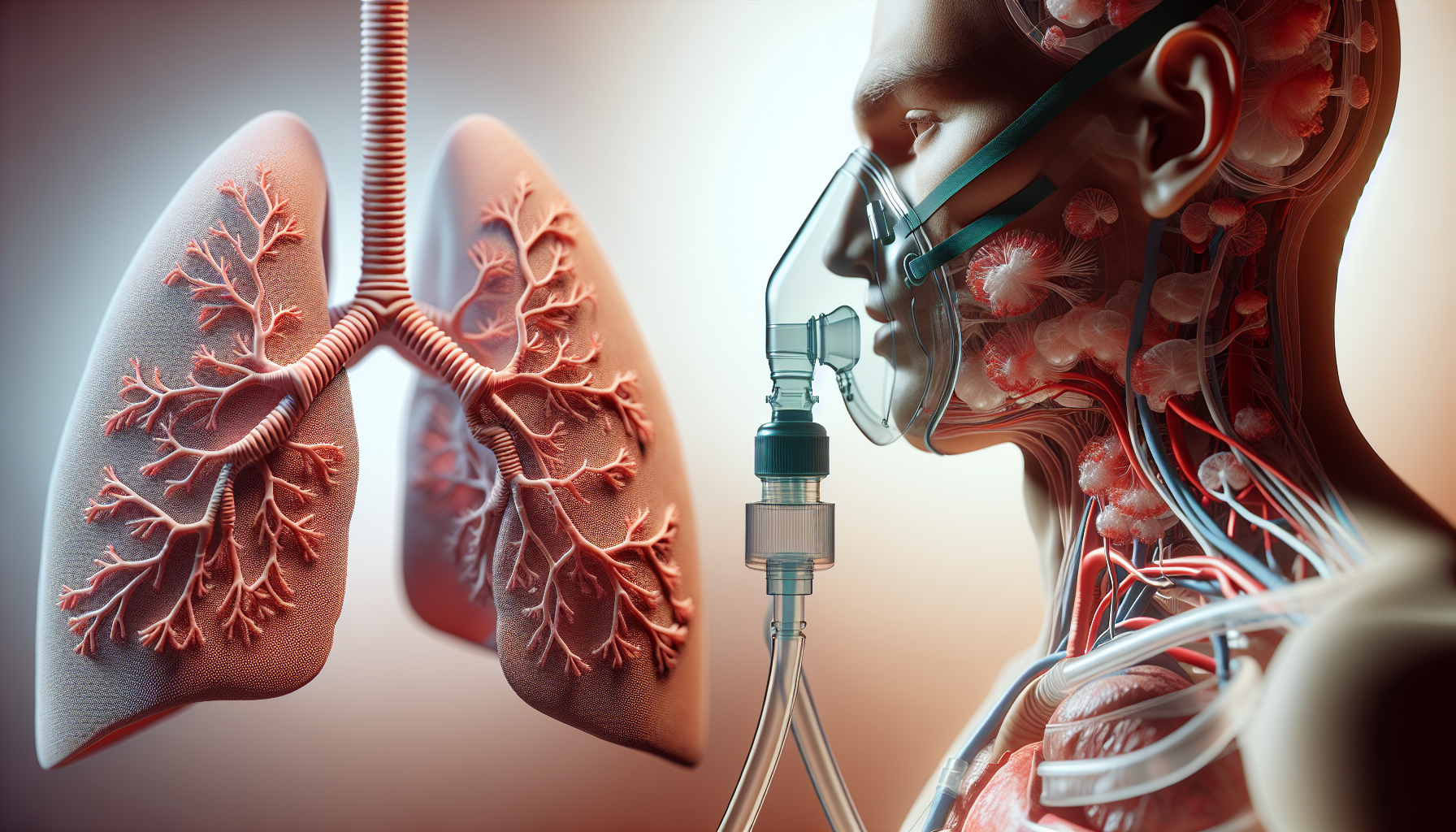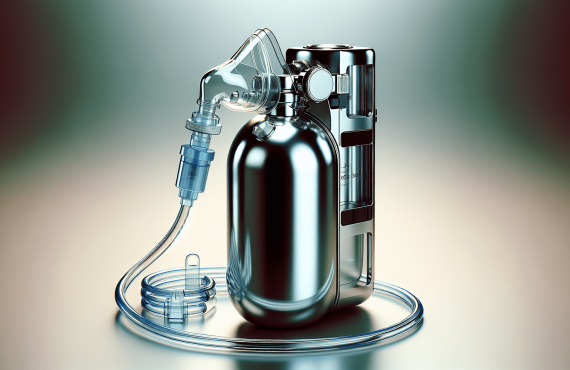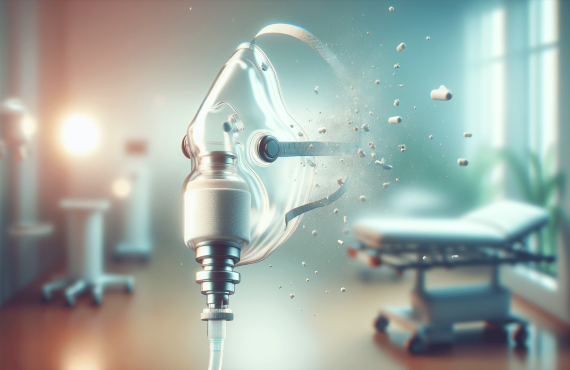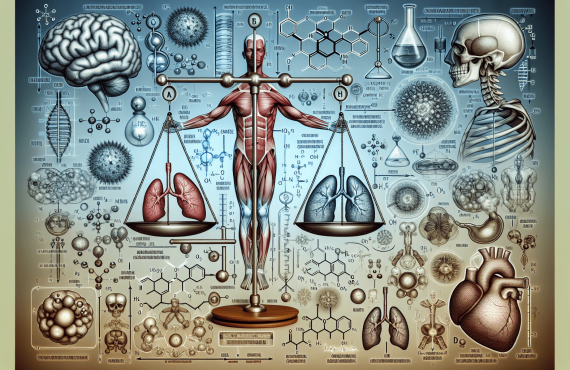Have you ever wondered what happens when your body doesn’t get enough oxygen? Understanding the stages of oxygen deprivation can be crucial for recognizing and responding to potential health issues. Your body relies on a steady supply of oxygen, and even a small disruption can have significant effects.

Table of Contents
Understanding Oxygen’s Role in the Body
Oxygen is vital for every cell in your body. It’s the fuel your body uses to produce energy, enabling your organs to function correctly. When you breathe, your lungs extract oxygen from the air, passing it into the bloodstream. From there, oxygen travels to tissues and organs, keeping you alive and active.
The Importance of Oxygen
Every cell in your body requires oxygen to generate ATP, the energy currency that powers cellular functions. Oxygen helps you metabolize food into energy efficiently. Without it, your cells begin to strain, leading to various symptoms and, in severe cases, critical health conditions.
The Stages of Oxygen Deprivation
Lack of oxygen, or hypoxia, occurs when the body or a region of the body is deprived of adequate oxygen supply. This deprivation can happen quickly or gradually, each with its potential dangers.
Stage One: Indifference or MILD Hypoxia
In the early stages, you may not notice much difference. You may feel slightly lethargic or find it difficult to concentrate. Mild hypoxia can lead to minor headaches, lightheadedness, or shortness of breath. Often, people dismiss these symptoms as mere fatigue or stress.
Stage Two: Compensatory Hypoxia
When your body senses reduced oxygen, it tries to compensate. Your heart rate increases in an attempt to pump more oxygenated blood to your tissues. Breathing becomes faster and deeper to intake more air. You might experience an increased heart rate, quickened breathing, or a slight feeling of anxiety.
Stage Three: Disturbance Hypoxia
If oxygen shortages persist, your body enters a more severe phase. You might notice confusion, lack of coordination, and dizziness. Vision can blur, and slight exertion leads to fatigue. The mental cloudiness might make it difficult to think clearly.
Stage Four: Critical Hypoxia
At this severe stage, your brain and major organs begin to suffer. You could feel extreme fatigue, experience significant memory loss, or even faint. Your lips and fingertips might turn a blueish color (cyanosis) due to the lack of oxygen. Immediate medical attention is crucial here.
Stage Five: Fatal Hypoxia
Without oxygen, life cannot continue. Prolonged oxygen deprivation leads to failure of body systems and eventually results in death. It’s vital to seek immediate medical help if someone appears to be in critical hypoxia.
Causes of Hypoxia
Various factors can lead to hypoxia. Understanding these can help you prevent and manage these dangerous situations.
Respiratory Conditions
Chronic obstructive pulmonary disease (COPD), asthma, and pneumonia can impede oxygen delivery to your blood. Properly managing these conditions and using prescribed medications are essential.
Altitude
At high altitudes, the air is thinner with less available oxygen. Acclimatization is necessary when moving to higher altitudes; otherwise, altitude sickness and hypoxia can occur.
Anemia
Anemia is when you have fewer red blood cells or insufficient hemoglobin, limiting the blood’s ability to carry oxygen. Dietary changes and supplements can help manage this condition.
Heart Conditions
Heart diseases and failure can reduce the amount of oxygen-rich blood circulating through the body. Regular cardiovascular check-ups are crucial for people with known heart issues.
Prevention and Response
While hypoxia can be daunting, knowing how to respond can save lives. Awareness and action are your tools for prevention.
Regular Health Checks
Frequent visits to a healthcare provider can catch underlying medical conditions early. Managing diseases like asthma and anemia can prevent hypoxia from arising.
Recognize Symptoms Early
Learn to identify the early signs of oxygen deprivation. difficulty concentrating, consistent fatigue, or breathlessness should prompt a visit to a doctor.
Hyperbaric Therapy
Hyperbaric Oxygen Therapy (HBOT) may help increase oxygen distribution in the body. In a hyperbaric chamber, you breathe 100% oxygen at higher pressure. This therapy can aid in healing tissues, reducing inflammation, and supporting new blood vessel growth, called angiogenesis. It’s used for conditions like decompression sickness, carbon monoxide poisoning, and wound healing.

FAQs about Hypoxia
What causes hypoxia during sleep?
Sleep apnea is a common cause of nocturnal hypoxia. It’s a sleep disorder where breathing repeatedly stops and starts. If you have sleep apnea symptoms, consult a doctor for diagnosis and treatment.
Can anemia lead to hypoxia?
Yes, anemia impacts the amount of hemoglobin available to transport oxygen, leading to hypoxia if severe. Proper treatment of anemia can help mitigate risks.
How can physical exercise affect oxygen levels?
Exercise increases your body’s oxygen demands. Essentially, your heart rate rises, and your lungs work harder to bring in more oxygen. Over time, regular exercise enhances your body’s efficiency in oxygen use.
Is hyperbaric therapy safe for everyone?
While generally safe, HBOT isn’t suitable for everyone. People with certain conditions like untreated pneumothorax should avoid it. Before starting, consult with a healthcare provider.
How does high altitude affect oxygen levels?
Higher altitudes have lower atmospheric pressures, which result in less available oxygen. Acquiring altitude slowly helps your body adapt, or acclimatize, reducing the risk of hypoxia.
How Henry Chiropractic Can Assist
In Pensacola, Florida, Dr. Craig Henry and his team, including Dr. Aaron Hixon, strive to enhance your health and wellness. Chiropractic care can help manage symptoms associated with hypoxia, like muscle tension and headaches. They provide expert care to improve your well-being holistically. Reach out to them today:
Henry Chiropractic
1823 N 9th Ave
Pensacola, FL 32503
(850) 435-7777
https://drcraighenry.com/
Understanding the stages of oxygen deprivation helps keep you and your loved ones safe. Prioritizing your health with regular check-ups and being mindful of symptoms can help you navigate life’s challenges more effectively. Stay informed, stay healthy, and breathe easy.


